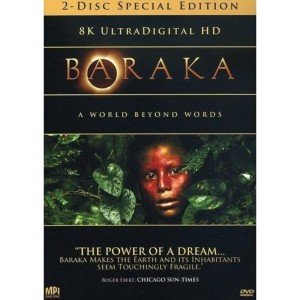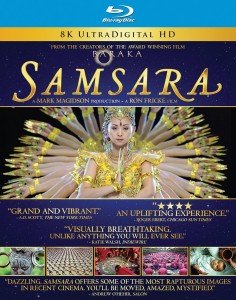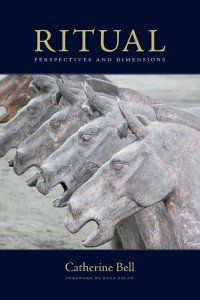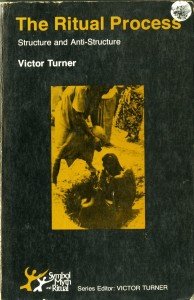Review
Wovoka and the Ghost Dance by Michael Hittman is a powerful and insightful book that delves into the history and impact of the Ghost Dance movement. This religious and spiritual movement emerged among Native American tribes in the late 19th century. Hittman explores the origins of the Ghost Dance and its founder, Wovoka, a Paiute prophet who claimed to have received a vision from God.
Through extensive research and analysis, Hittman paints a vivid picture of the social, cultural, and political context in which the Ghost Dance emerged. He examines the underlying beliefs and practices of the Native American tribes, as well as the increasing tensions and conflicts between them and the United States government. The book also delves into the role of missionaries and government officials in shaping the perception and response to the Ghost Dance movement.
One of the book's primary goals is to provide a comprehensive and nuanced understanding of the Ghost Dance movement. Hittman goes beyond the traditional narrative of the Ghost Dance as a desperate and futile attempt by Native Americans to resist colonization. Instead, he highlights the movement's complex motivations and diverse interpretations, including its role as a form of cultural revitalization and resistance.
Another important goal of this objective is to shed light on the impact of the Ghost Dance on both Native American communities and American society as a whole. Hittman examines how the movement affected individual tribes, their relationships with each other, and their interactions with the government. He also explores the cultural and political implications of the Ghost Dance, such as its role in shaping the perception of Native Americans in the public eye.
Overall, Wovoka and the Ghost Dance is a thought-provoking and informative book that provides a deeper understanding of this pivotal moment in Native American history. It aims to challenge preconceived notions and highlight the complexities of the Ghost Dance movement, ultimately contributing to a more nuanced and holistic understanding of the impact of colonization on indigenous peoples.






